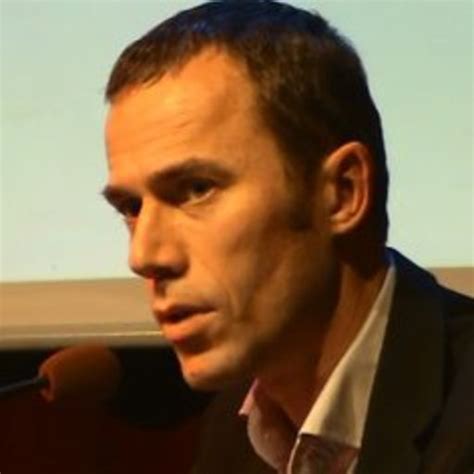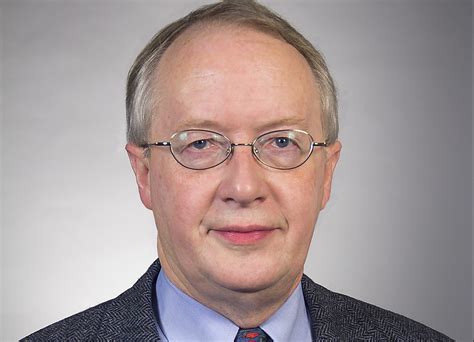A Quote by Jose Angel Gurria
If the world is to avoid a collision with nature - one that humanity surely cannot win - we must act boldly on every front, particularly with respect to carbon pricing and the coherence of our economic and energy policies.
Related Quotes
An increased push for energy efficiency, renewable energy technology, electric mobility - along with the growing digitalization movement and a universal carbon pricing structure - would speed up the carbon-free future and the rise of a global middle class we desperately need. We can and must all do our part.
Mystical experience of nature can be of particular relevance to our troubled age, bringing deeper into our consciousness and emotions the logic that nature sustains humanity as humanity must, in turn, sustain nature. Rationality alone, however, cannot be our guide in the task of restoring our environment. A spiritual connection to nature must inspire the emotional commitment that is the yin, complementing the yang of intellectual understanding.
The dialectical or ecological approach asserts that creating the world is involved in our every act. It is impossible for us to operate in our daily lives and not create the world that everyone must live in. What we desire arranges the genetic code in all of our major crops and livestock. We cannot avoid participating in the creation, and it is in agriculture, far and away our largest and most basic artifact, that human culture and the creation totally interpenetrate.
Our economy is at war with many forms of life on earth, including human life. What the climate needs to avoid collapse is a contraction of humanity's use of resources; what our economic model demands to avoid collapse is unfettered expansion. Only one of these sets of rules can be changed, and it's not the laws of nature
We can only live the changes we wish to see: we cannot think our way to humanity. Every one of us, every group, must become the model of that which we desire to create. We must break the obsolete social and economic systems that divide the world between the over-privileged and the under-privileged. Each of us, whether government leader or protester, business executive or worker, professor or student, share a common guilt.
If America is to be the land of opportunity and the beacon of hope that we claim, our immigration policies must be rooted in the fundamental principles of humanity. They must recognize, respect and honor the basic human rights of all people. And they must uphold the commitments we as a country have made to the international community.
The first thing we can do as individuals and as communities, like a school or a university or a church, is cut our energy use. Do an energy audit or measure our carbon footprint using online carbon calculators that are free, easy, and cheap. Get a list of the ways that we can stop wasting so much energy and save money.
Governments must address inconsistencies in their energy strategies, consider the links with broader economic policies, and stop sending mixed signals to consumers, producers, and investors. In particular, they must assess whether the right regulatory arrangements are in place to allow clean-energy investments to compete on a risk-return basis.




































